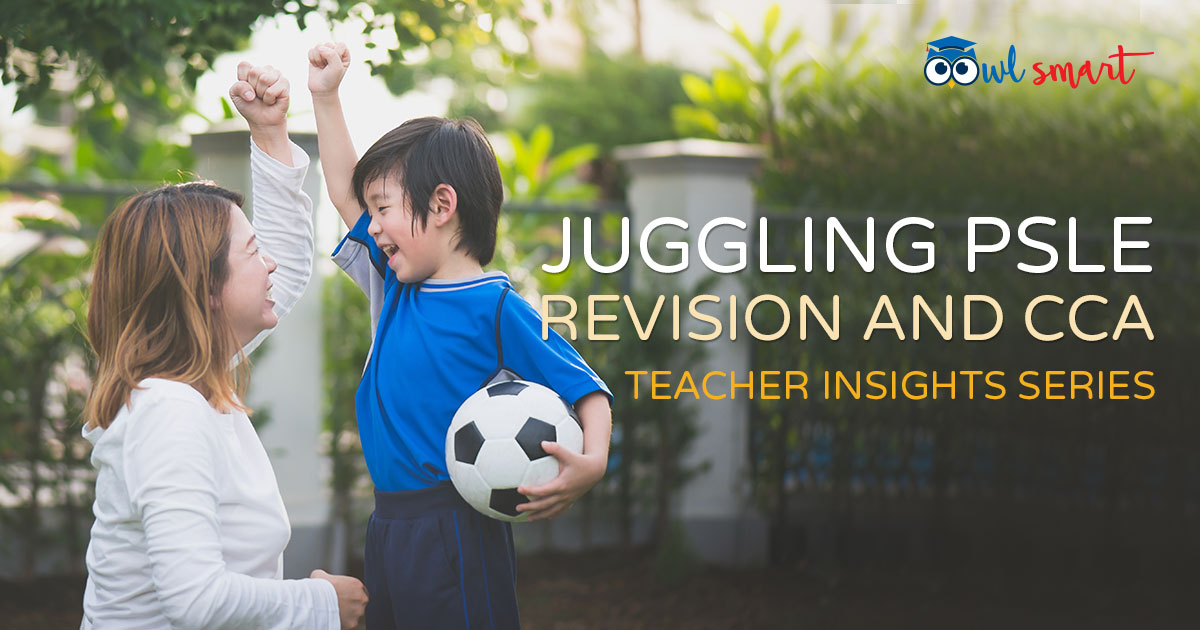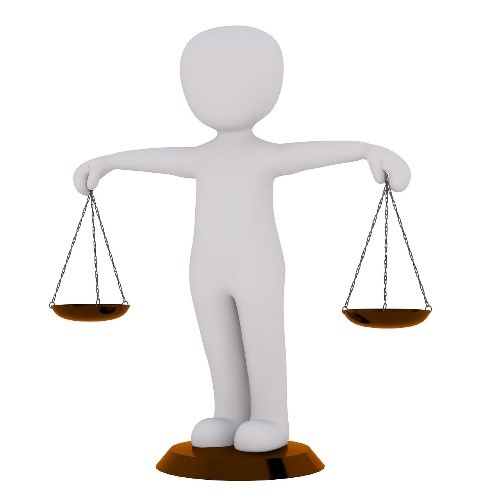
CCAs are an integral part of holistic education in Singapore. Through CCA, students discover their interests, learn values and competencies that cannot be imparted easily through classroom teaching.
On top of that, many students represent their schools in competitions and along the way develop important qualities like confidence, resilience and the ability to handle stress.
Although students can pick up many life skills through CCAs, the amount of time committed can be long which might affect their studies.
As a result, many parents are in a dilemma whether they should allow their children to continue in CCAs especially during the PSLE year.
If you are one of them, do ponder over the advices offered by our teachers who used to be in charge of competitive CCAs.
Question 8: Should I allow my child to continue pursuing his CCA? I’m worried that it might affect his studies.

Teacher Chin
At the age of 12, your child might be involved with his CCA at a higher level such as representing the school in competitions or holding key appointments.
Hence, it is advisable to talk to the child and be sure that he has a clear routine in place that ensures that learning takes place after CCA, especially if he is involved to a greater extent.
Close monitoring is a must and that communications among the child, parent and CCA teacher should be clear and positive.
This will further reassure and encourage the child as by this time, most of them will be quite passionate and heavily involved in their particular CCAs.
Teacher Zen
Firstly, do have a good talk with your child. Your child might feel very passionate about the CCA and it would not be good if you take him out of the CCA suddenly before discussing with him.
It would be good if you can talk to the CCA teacher-in-charge too. From what I know as a CCA teacher in the past, coaches and teachers-in-charge usually conduct regular talks with the students involved, reminding them of their duties as a student and a sportsman.
Some time slots are usually set aside in between waiting times so that students can do their homework or revise their work.
Perhaps you can come to an agreement with your child that he should not neglect his studies if he decides to continue with his CCA. Set a target for him and work out a study timetable.
If all fail and the commitment to CCA is really affecting your child’s studies, maybe it is best that the child is taken out of the CCA. It is important to prioritise.
The CCAs that are usually more demanding are the sports CCA. This is especially so if your child is representing the school in a particular sport which is a niche. If the school does well in the zonal competition, it will compete in the Nationals which can stretch till early July.
Communicate with the teachers-in-charge so that you know when the competition will end. Monitor the situation closely.
Having said that, most schools will stop CCA for all P6 students by early Term 3 of the year. This is to allow the students to concentrate on their studies.
I have seen cases whereby parents took their children out of the CCAs when their children could not manage both studies and CCA.
On the other hand, I have also witnessed how children who represent schools and even the country in Inter-national competitions juggling both studies and their interest well.
There must be frequent communications among the teachers-in-charge, the coaches, the students and the parents involved so that academic results are least affected.
Conclusion
As much as academic results are important, the values students pick up through CCAs cannot be replicated elsewhere easily. It is important to strike a balance between studies and CCA.
The key here is plenty of communication among the coaches, teachers-in-charge, parents and students themselves.
About the Author
Prof Ollie is a guru of PSLE revision strategies specialising in the Leitner System and aims to help primary 6 students from all walks of life to excel in their PSLE. Despite being a professor, he wears his graduation hat wherever he goes. When not working on OwlSmart, Prof Ollie flies around Pulau Ubin to lose weight and catch up with the resident hornbills.



